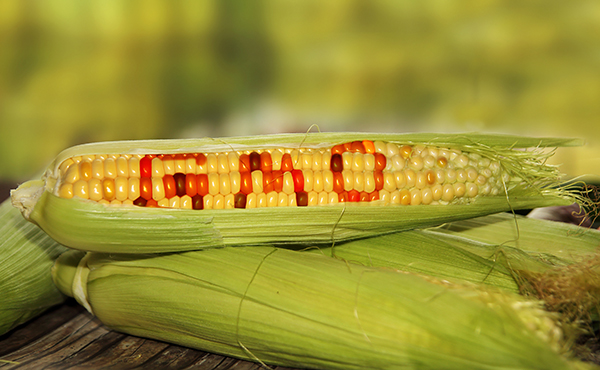
The bandages were designed at the University of Bath. The first clinical trials will take place at Bristol Royal Hospital for children, Chelsea and Westminster Hospital, Southmead Hospital Bristol and Queen Victoria Hospital East Grinstead. Hundreds of patients will participate in the double blind tests, which aim to test out the bandages’ statistical sensitivity to infections. Scientists at the University of Brighton will additionally gather genomic data from the swabs to differentiate infection causing bacteria from false positives so that the bandage detection can be further improved.
Smart bandages could mitigate overuse of antibiotics, help stop the spread of superbugs
These bandages are important for detecting early infection in burn victims because, all too often, burn patients are treated for infection with antibiotics when they are not needed. Signs of infection are common for burn victims, even though true infection is rare and often never fully manifests. Medical professionals act on early signs and go by standard protocol, which causes the overuse of antibiotics. If the new smart bandages can be relied on to provide accurate results for differentiating infection causing bacteria, then better and timelier treatments can be made available to patients. The bandages also have the potential to prevent further medical tests that patients are forced to go through when medical professionals follow false positive infection criteria.
Another advantage to the smart bandage is that patients will not have to endure the painful process of removing wound dressings to address potential infections. The existing diagnosis methods take up to 48 hours, whereas the smart bandage can detect actual infections in the moment. Many times wounds don’t heal effectively and scar tissue forms, because patients must have the bandages undressed over and over again for testing to address potential infections. If the smart bandage can detect actual infection quickly, then the laborious process of undressing wounds can be mitigated. Also, in doing so, fewer antibiotics will be handed out, and this could help solve the ongoing problems of bacteria developing resistance in hospitals. Antibiotic resistant superbugs pose a major threat to hospital environments. This innovation has the potential to help save lives.
Dr. Amber Young, consultant pediatric anesthetist at Bristol Royal Hospital and lead clinician on the trial, said, "Diagnosing wound infection at the bedside in patients with burns will allow targeted treatment of those with true infection; allowing earlier healing and reduced scarring as well as preventing overuse of antibiotics and unnecessary dressing removal in those patients with no infection. This will benefit both patients and the NHS."
Study lead, Professor Toby Jenkins, commented, "We believe our bandages have great potential to improve outcomes for patients, reduce unnecessary use of antibiotics and save the NHS money.
"These trials are an exciting and essential step towards getting the bandages into hospitals to help treat people, allowing us to find out exactly how well they work using real samples from patients. We hope as many people as possible agree to take part in the trial, which is completely non-invasive."
If the trial is successful, manufacture of the smart bandages will go into effect in 2017.
Sources include:
Please contact us for more information.























